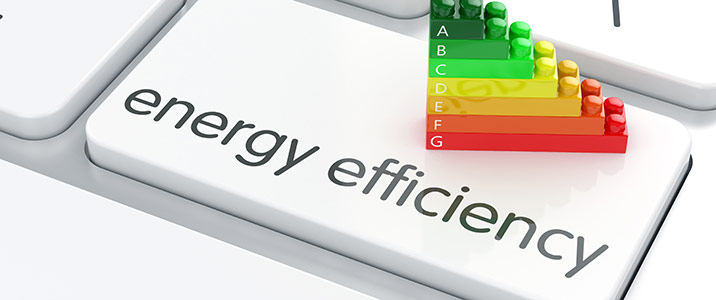
As regulators look for ways to increase the efficiency of power generation and delivery in response to electricity demands and peaks, the Geothermal Exchange Organization (GEO), a national trade organization for the U.S. geothermal heat pump industry, believes they should take a close look at the energy savings and efficiency offered by geothermal heat pumps. GEO believes a framework of geothermal heat pumps and the renewable thermal energy they produce from the ground must be included in any plans for a more energy-efficient future.
Not only do geothermal heat pumps offer a demand-side management tool that offers superior service and reliability but they will work well with smart metering currently being adopted that allows customers to track their daily energy consumption and see their energy and cost savings from geothermal heat pumps.
Geothermal heat pumps also offer savings in the construction of generation facilities. According to research by Oak Ridge National Laboratory, when comparing widespread installation of geothermal heat pumps and construction of power plants on an equivalent energy basis, geothermal heat pumps show a cost savings of about 50 percent. System-wide installation of geothermal heat pumps also help reduce summer power peaks, which often lead to blackouts in some areas, and build winter loads.
Many states have adopted energy efficiency standards to include requirements for renewable energy sources, yet very few recognize the renewable source of the earth that surrounds the building infrastructure that is used by geothermal heat pumps. This is especially concerning since the U.S. Department of Energy has found that buildings consume almost 40 percent of total energy usage.
When looking for ways to conserve energy, it is important to remember that the lowest cost electricity is the megawatt that does not have to be produced. This megawatt of saved energy is often referred to as a negawatt by energy experts. GEO believes that the idea of the negawatt can ultimately apply not only to the generation of power, but also to the transmission, and distribution. As an additional benefit, geothermal heat pumps do not require the costly new power lines needed by other energy sources.
GEO believes any energy efficiency programs should also include promotion and support of widespread installation of geothermal heat pumps, including low-cost system loans and on-bill financing to reduce the sticker shock to consumers and even ownership of geothermal heat pump ground loops by utilities to be used as a metered and billable option.
